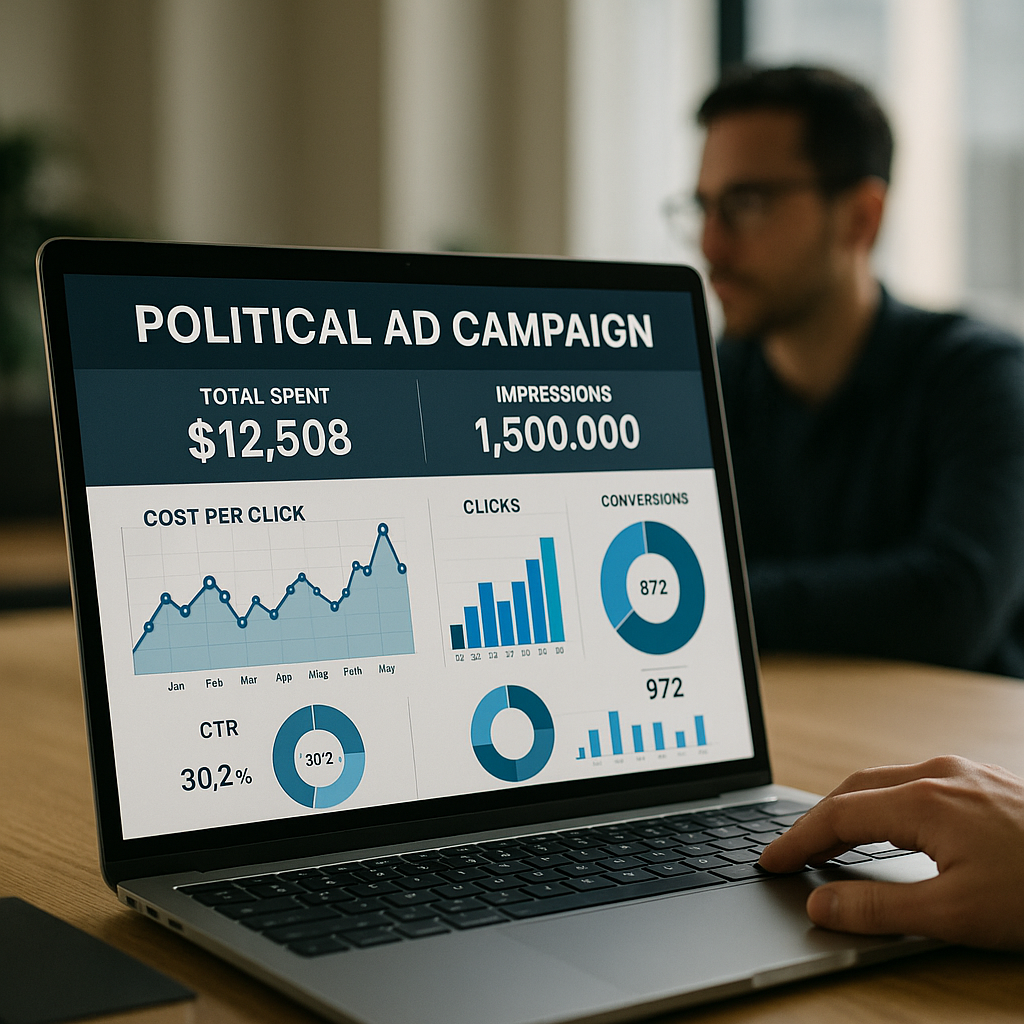Understanding the Implications of Meta’s Decision to Stop Political Ads in the EU
As business decision-makers and entrepreneurs, we often find ourselves navigating the complex landscape of digital advertising, and recent news from Meta has added another layer of complexity. Effective October 2025, Meta will halt political advertising on its platforms in the European Union, citing the EU’s new Transparency and Targeting of Political Advertising (TTPA) regulations as the driving force behind this difficult decision. This change not only impacts political entities but also signals a shift that could affect various sectors and how businesses approach advertising in the EU.
In this article, we’ll delve into the implications of Meta’s decision, how it relates to the broader advertising landscape, and what businesses need to consider moving forward. As technology advances and regulations tighten, understanding these shifts is crucial for maintaining effective marketing strategies.
The TTPA: What You Need to Know
At the heart of Meta’s decision lies the EU’s TTPA regulations, which aim to combat foreign interference and misinformation in electoral processes. The regulations require more stringent transparency measures for political ads, including precise disclosures about funding and data use. As these requirements put substantial operational strains on advertisers, Meta has voiced its concerns over the complexity involved.
For businesses that may have considered political advertising—like local advocacy groups or public interest campaigns—it’s essential to understand that the landscape is evolving. With Meta’s announcement, they will lose a significant platform for visibility, making it crucial to explore alternative strategies that comply with these regulations while ensuring effective outreach.
How Does This Affect Businesses?
While Meta’s decision primarily targets political advertising, the impact is far-reaching. Many businesses utilize digital platforms for outreach and engagement, and significant changes in advertising capabilities can affect how they connect with their audience.
- Decreased Targeting Options: Businesses that rely on precise targeting will face challenges. Meta argues that users will see less relevant ads due to the restrictions, which could decrease engagement rates and overall effectiveness.
- Budget Adjustments: If political entities and social campaigns cannot advertise on platforms like Facebook and Instagram, businesses targeting similar demographics will need to adapt their budgeting and allocation effectively.
- Exploring Other Platforms: Businesses may need to reconsider their digital advertising strategies. This may involve pivoting to other platforms like LinkedIn or Twitter, which still accommodate political and social issue ads, albeit under their guidelines.
Rethinking Digital Strategies
For entrepreneurs, there are actionable steps to mitigate potential disruptions caused by these changes.
1. Diversify Your Channels
Don’t solely depend on one platform for your advertising needs. Explore options such as email marketing, podcasts, and other social media platforms to keep your audience engaged.
2. Focus on Organic Content
Increase efforts on content marketing. Effective storytelling about your brand can build a loyal following without needing paid ads.
3. Stay Informed About Regulatory Changes
Keep an eye on evolving regulations like the TTPA. Understanding compliance not only mitigates risks but can also open new opportunities in future digital marketing efforts.
Best Practices for Compliance in Digital Advertising
To thrive in these new regulatory environments, compliance and transparency must become integral parts of your digital advertising strategy. Here are some practical insights:
- Educate Your Team: Ensure your marketing team is well-versed in current advertising policies and practices.
- Leverage Data Responsibly: Understanding how to collect and utilize customer data within ethical bounds is crucial, particularly under new regulations.
- Build Partnerships: Collaborate with trusted agencies or consultants who are adept at navigating this complex landscape.
Conclusion
As Meta prepares to implement significant changes to its advertising framework in the EU, businesses must adapt and consider innovative digital marketing strategies. The landscape is changing, and while challenges are present, opportunities abound for those willing to innovate and pivot.
If you need support in navigating these changes, or are looking for custom-built solutions that align with your business goals, we at Best Choice are here to help. Let’s work together to ensure your advertising remains effective, compliant, and forward-thinking.





